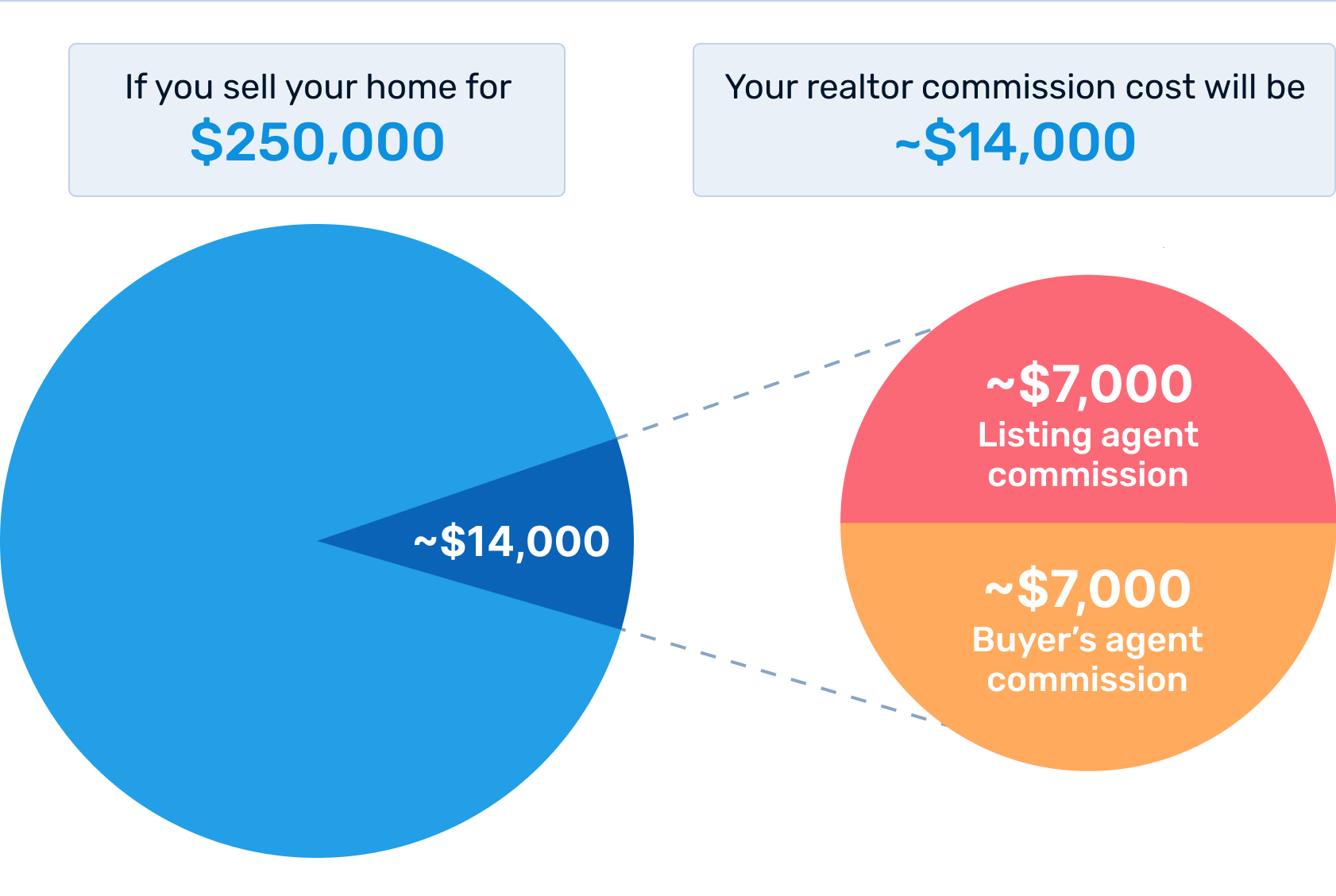
Both buyers and sellers have great advantages when purchasing owner homes. Compared to a conventional mortgage, owner financing can make the closing process much easier, and eliminates the need for a loan appraisal. There are some things you should consider before you sign up for a deal. It doesn't matter what type of financing you choose, it is important to understand the terms of your contract.
However, owner homes are often a good way to invest but there is always risk. First, the down payment the buyer must make will be much higher than the traditional mortgage's percentage. This down payment is the seller's way of compensating for a lack of credit history on the part of the buyer. If the buyer does not qualify for a loan, he may be unable to buy the house. If the buyer defaults, the lender could seize the house.
Second, the interest rates on seller financing arrangements are typically higher than those for conventional loans. The buyer will need to repay the loan balance over a longer time period because of this. The payment is typically due after five to ten year, with a balloon payment following a longer period. The seller may have to expel the buyer if the property becomes uninhabitable.

Owner homes must have a written agreement. This contract will set out the terms of financing, including the amount and interest rate as well as the payment schedule. The parties may need to have a real estate attorney draft the paperwork depending on their situation.
The agreement will most often be binding. It will explain how the parties plan to pay the mortgage should the buyer default on the loan. Additionally, a binding contract can specify the repayment timeline and high interest rate.
Owner financing has its downsides, however. While it may save a buyer the hassle of pre-approval for a loan, it can still be more costly than other financial options. Sellers can also lose their home and all the money they have paid if the buyer defaults.
A real estate lawyer is a good idea to help ensure fairness for all parties in any real property transaction. It is also a good idea that you discuss with the buyer the options before signing the contract.

Finally, owner financing can also reduce the buyer's closing costs. Owner financing is not like a traditional loan. There is no appraisal and no origination charges. Plus, there is no need to pay insurance or direct property taxes. The buyer can therefore close on an owner-financed property faster, without the hassle of having it sold to pay for it.
Both buyers and sellers can benefit from owner financing, but it is important to understand the facts before you make a commitment. You can get a lot of benefits from this strategy, but it's not without its risks.
FAQ
Do I need a mortgage broker?
A mortgage broker is a good choice if you're looking for a low rate. Brokers have relationships with many lenders and can negotiate for your benefit. However, some brokers take a commission from the lenders. Before signing up for any broker, it is important to verify the fees.
What are the cons of a fixed-rate mortgage
Fixed-rate mortgages have lower initial costs than adjustable rates. You may also lose a lot if your house is sold before the term ends.
How much money can I get to buy my house?
This can vary greatly depending on many factors like the condition of your house and how long it's been on the market. Zillow.com shows that the average home sells for $203,000 in the US. This
Can I get a second mortgage?
Yes. However, it's best to speak with a professional before you decide whether to apply for one. A second mortgage is often used to consolidate existing loans or to finance home improvement projects.
Statistics
- Private mortgage insurance may be required for conventional loans when the borrower puts less than 20% down.4 FHA loans are mortgage loans issued by private lenders and backed by the federal government. (investopedia.com)
- Based on your credit scores and other financial details, your lender offers you a 3.5% interest rate on loan. (investopedia.com)
- Over the past year, mortgage rates have hovered between 3.9 and 4.5 percent—a less significant increase. (fortunebuilders.com)
- 10 years ago, homeownership was nearly 70%. (fortunebuilders.com)
- The FHA sets its desirable debt-to-income ratio at 43%. (fortunebuilders.com)
External Links
How To
How to be a real-estate broker
The first step in becoming a real estate agent is to attend an introductory course where you learn everything there is to know about the industry.
Next, pass a qualifying test that will assess your knowledge of the subject. This requires you to study for at least two hours per day for a period of three months.
Once you have passed the initial exam, you will be ready for the final. To become a realty agent, you must score at minimum 80%.
If you pass all these exams, then you are now qualified to start working as a real estate agent!